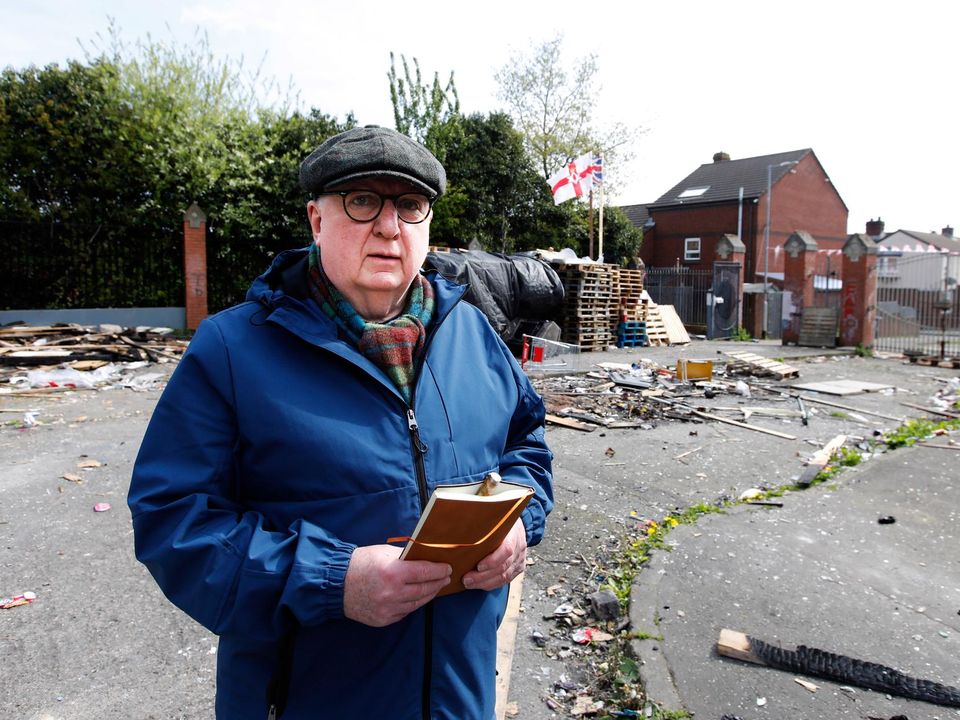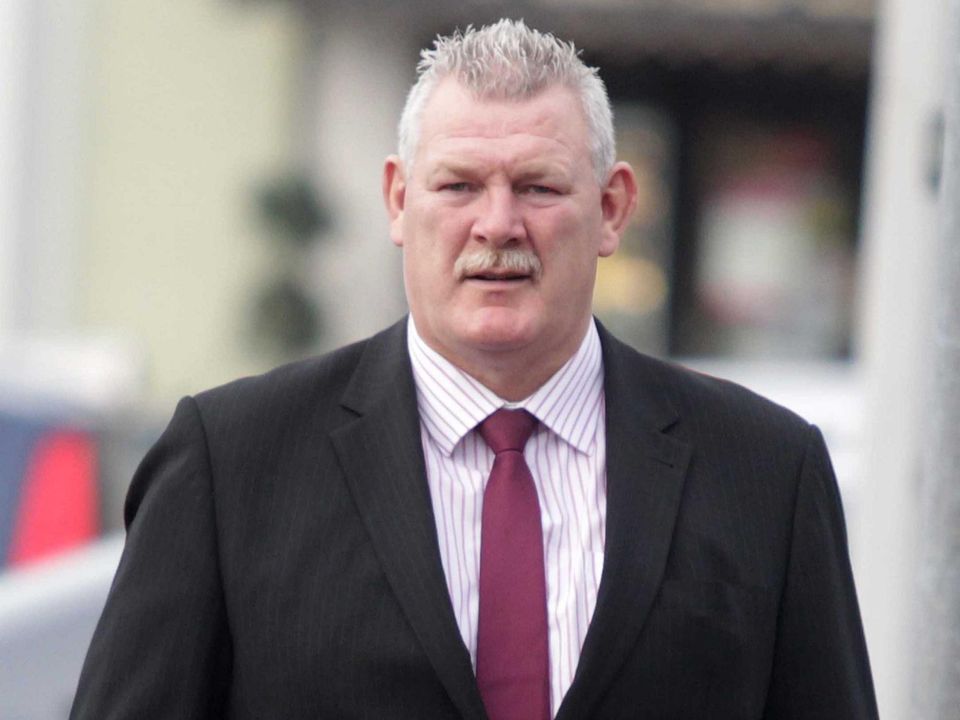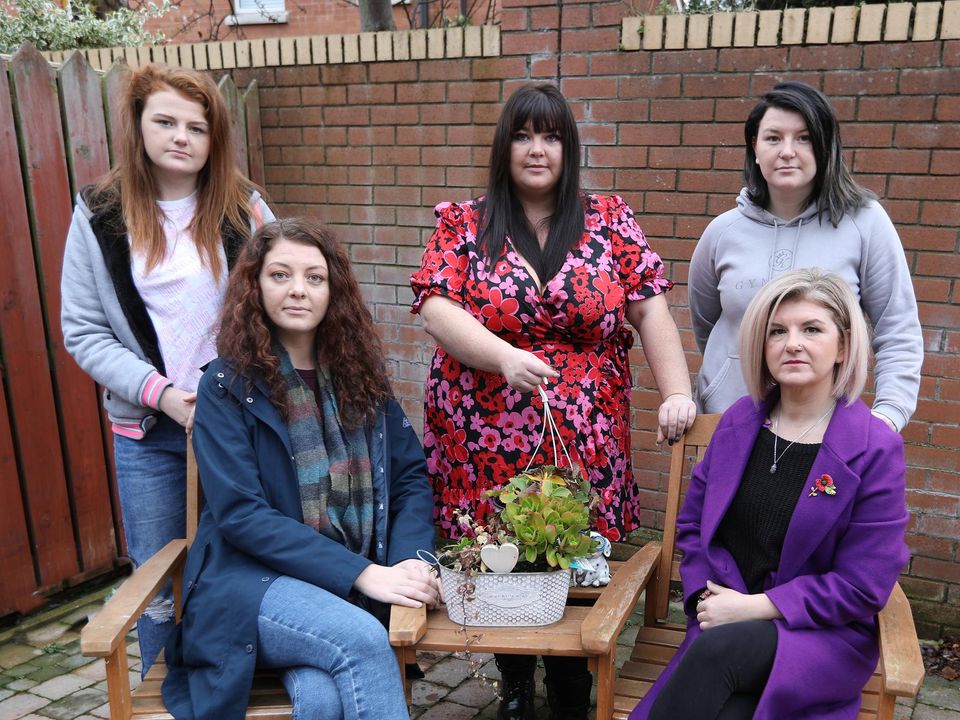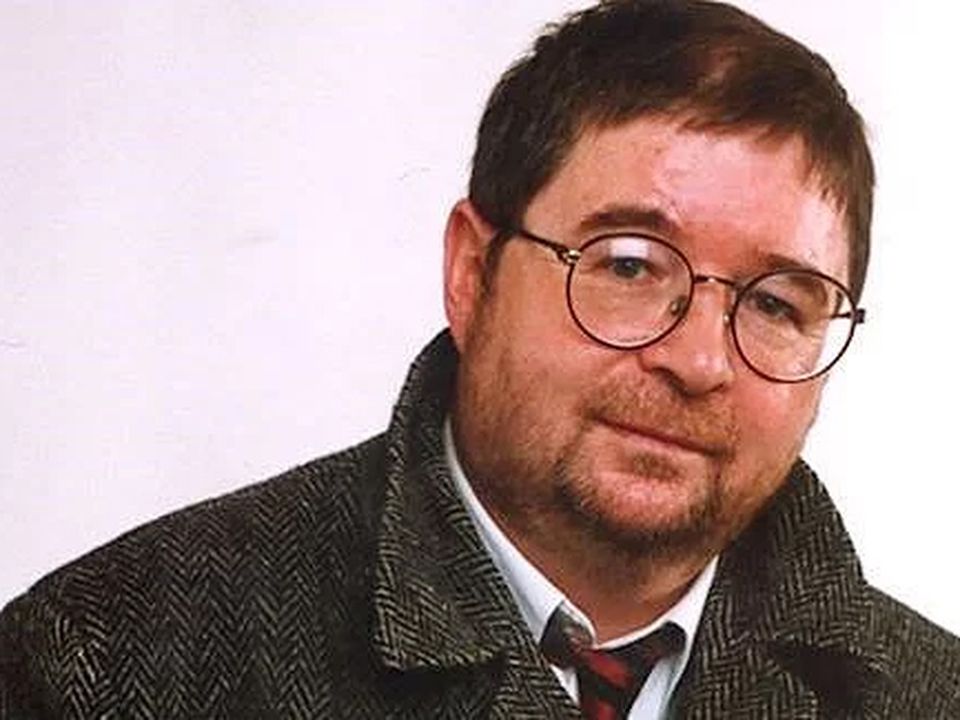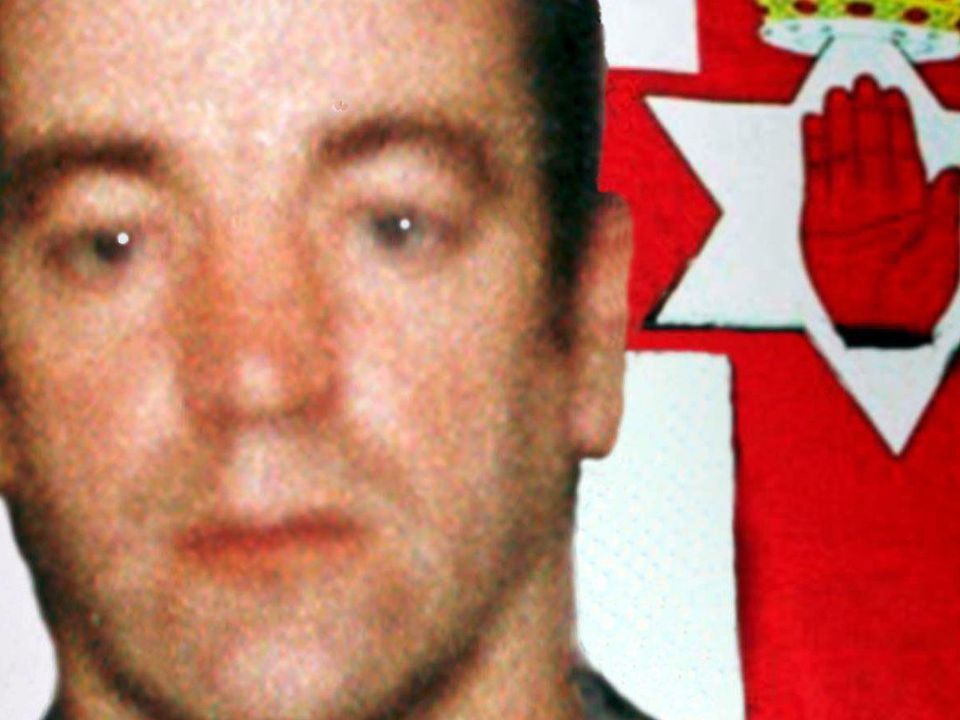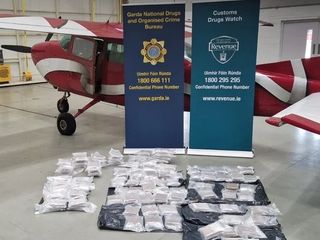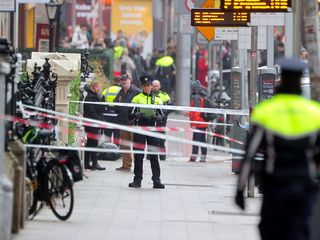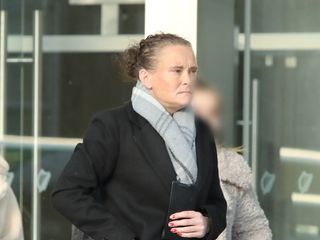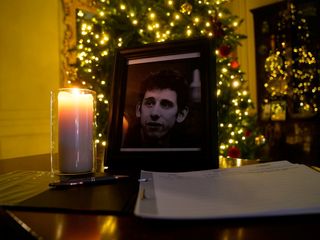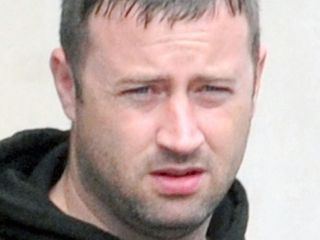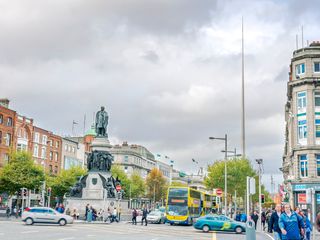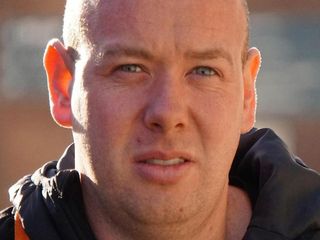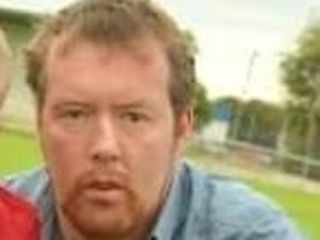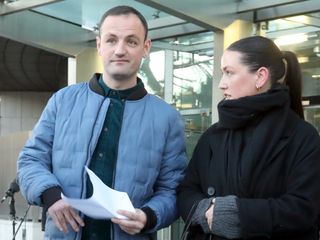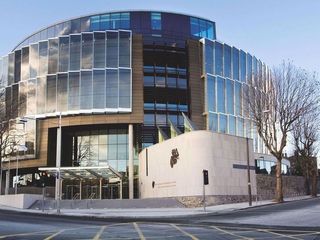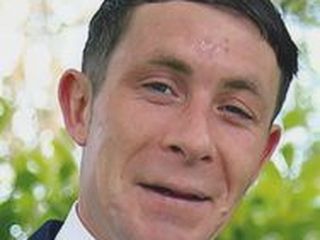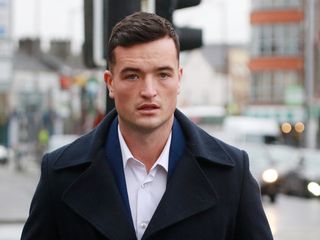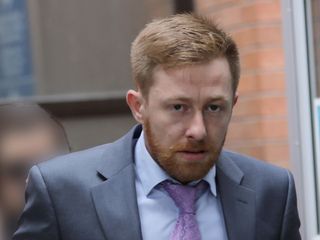Hugh Jordan: How ‘getting arrested’ became occupational hazard as a Sunday World investigator
Hugh Jordan’s run-ins with the law as his colleagues faced terrorist attacks over his 32 years writing for the Sunday World
The Sunday World is 50 years old and I’ve been churning out stories for it for more than half that time.
But even before I joined the paper, I was intrigued by it. It was solidly anti-sectarian and it stood foursquare against violence. And in a deeply divided society like Northern Ireland, that’s important.
I was also thrilled then, when Jim Campbell — the paper’s Northern Editor — agreed to give me an opportunity to contribute.
Jim was a legend in Irish journalism. He became a thorn in the side of the UVF terror group after a series of exposés on Robin Jackson, a notorious paramilitary killer.
As a young man in mid-Ulster, Jackson harboured dreams of emigrating to Australia. But when his application was rejected, he joined the legal Ulster Defence Regiment and the illegal UVF.
Robin Jackson
He led one of the bomb teams which attacked Dublin in May 1974. It resulted in the greatest single death toll in a day during the entire Troubles.
A year later, Jackson masterminded a botched booby trap bomb attack on the Miami Showband. Three band members were killed and two others were seriously injured. Jackson escaped with burns to his back and was never charged.
But Robin Jackson was also a ‘licensed to kill’ State agent and he was linked to over 50 murders.
In his reports, Jim Campbell had given Jackson the soubriquet ‘The Jackal’. And soon, readers knew exactly who he was writing about. But so did Jackson. And he arranged for his UVF mates in Belfast to shoot the Sunday World’s much respected investigative reporter. Two UVF gunmen called at Campbell’s north Belfast home, asking for him by name.
When he appeared and confirmed his identity, they shot him several times. He was seriously injured and it was only the great skills of the surgeons who operated on him which saved his life.
Jim fought his way back to good health and he based his growing team of reporters in a top floor office suite in Belfast city centre.
But the loyalist paramilitaries weren’t finished with him or his tenacious staff. In October 1993, Jim and his team were forced to jump over a sports bag bomb which had been left in the Sunday World office by the UDA.
The well-known Belfast reporter Jim McDowell took over as Northern Editor after Jim Campbell opted to work from his home outside Belfast. And in the run-up to the long awaited loyalist and republican ceasefires in 1994, McDowell continued with the paper’s policy of exposing paramilitary gangs.
Read more
But in February 1996, the IRA blew away the uneasy peace when it detonated a huge bomb in London’s Canary Wharf, which was also home to several newspapers and other media outlets.
A newsagent and a cleaner lost their lives in the devastating blast and hundreds of others were injured.
The decision to kill the peace had been taken by the IRA’s highly secretive Army Council. Ten days after the Canary Wharf bomb, the Sunday World named every single member of the shadowy group which controlled the IRA.
Once peace was restored, the previously small drugs business took off like never before. And the Sunday World was to the fore in exposing the get-rich-quick drugs barons.
In one famous front page story, we informed our readers about the ‘Seven Deadly Sinners’ of the Ulster drugs trade.
But just weeks after the signing of the world acclaimed Good Friday Agreement in 1998, the bombers were back. This time it was the so-called Real IRA which claimed the lives of 29 people, including a mother of unborn twins in Omagh.
Within minutes of the no-warning blast on Saturday August 15, Sunday World reporter Martin O’Hagan was on his way to the Tyrone town, to investigate on behalf of our readers.
Sadly, just over three years later, Martin became a victim himself. He was repeatedly shot in the back by Loyalist Volunteer Force gunmen, as he walked back to his Lurgan home with his wife Marie.
Martin O’Hagan lost his life for doing his job
Martin was 51 years old and he is the only reporter to lose his life as a result of civil unrest in Northern Ireland.
I’m fairly certain ‘getting arrested’ doesn’t appear on the CVs of many reporters. But for me — as a committed Sunday World investigator — it became an occupational hazard.
On no fewer than seven separate occasions — on both sides of the border— police saw fit to curtail my freedom.
Without doubt the most publicised of all, was when the PSNI arrested me and photographer Conor McCaughley in the home of businessman Kirk McCambley.
The 19-year-old cafe owner had a much-publicised love affair with Iris Robinson, the politician wife of the then First Minister Peter Robinson, and we were there to investigate further. The incident became a worldwide news story and it was reported across Europe and even as far away as China!
Our presence in McCambley’s house was entirely legitimate, but it took the police three years to believe our story! Charges of assault and theft against both of us were dropped.
One of my most rewarding stories was demolishing the reputation of Irish Rugby international and politician Davy Tweed, who died in a motorbike accident in 2021.
Former Ireland rugby international Davy Tweed
Tweed publicly passed himself off as a former sporting hero and a respected DUP councillor who later joined the TUV.
But in a series of interviews, his five daughters bravely cast aside their right to anonymity to tell our readers that far from being a sporting hero, Davy Tweed was a paedophile.
Without doubt, my 32 years at the Sunday World have been an absolute pleasure. I was truly honoured to have reported on the paper for over three decades and I wouldn’t have missed a single day.

